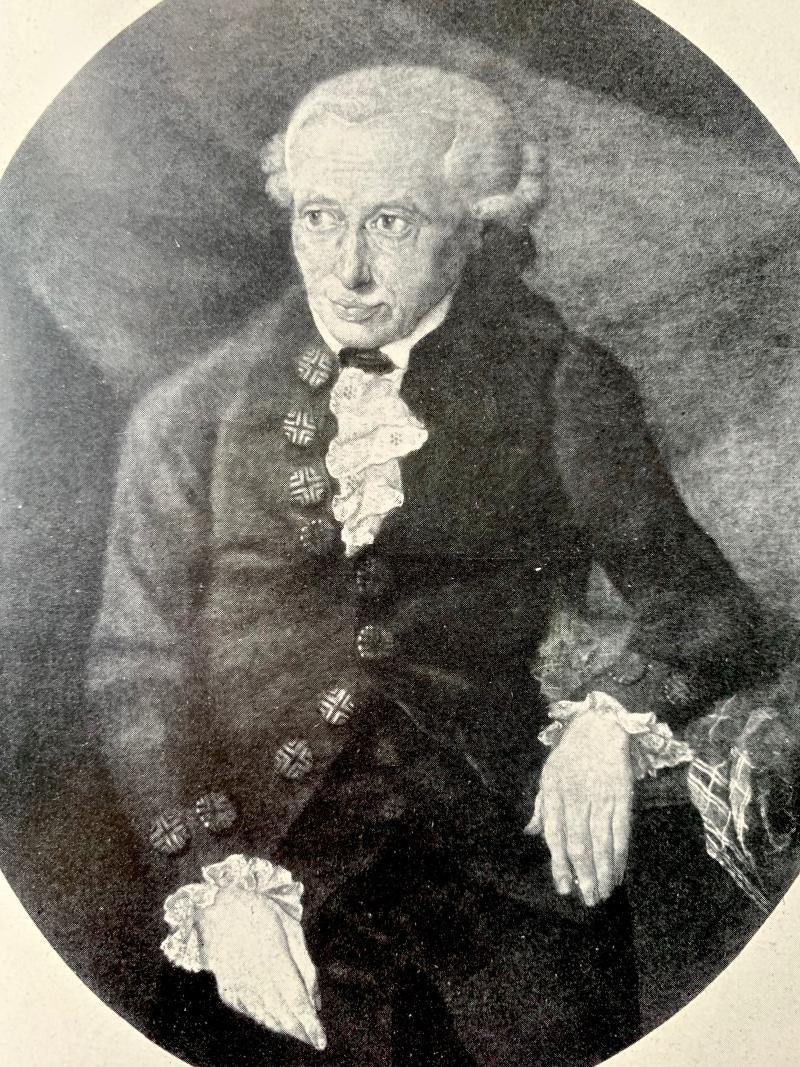Investing in good teachers
When Serbia went into lockdown in March, the Ministry of Education, Science and Technological Development began broadcasting educational content for elementary and high school students on Serbia’s national public television channels.
Luckily, Serbia had already been preparing its digital education content for the last few years developing interactive online teaching materials and textbooks. However, the digital infrastructure and teaching materials needed a revamp and an update.
Just dumping computers in schools would not help. Increasing resources, including computer-assisted learning, and training teachers to use them clearly came out as the most successful approach. Therefore, the project entailed some nationwide teacher trainings to equip teachers with some digital skills.
Students need good teachers to learn properly. At the European Investment Bank, we believe that good teachers and effective teaching are critical in serving the needs of learners. Our €70 million loan to Serbia backs teacher training, as well as the upgrade of digital infrastructure and digital teaching materials.
With the help of the EU bank, all Serbian schools will go digital by 2021. Ensuring equal access to education for all Serbian children is also an incentive to build their future and prosper in their country.
This project is part of the European Investment Bank’s ongoing support for education in Serbia. In the recent past, the European Investment Bank financed a school modernisation programme and a public sector research and development project.
How to educate the heart
Every year across the world 246 million children experience some kind of violence, such as bullying, discrimination and physical abuse. Education equips learners, of all ages, and notably young women and men, with the knowledge, values, attitudes and behaviours, which foster responsible global citizenship, critical thinking, empathy and the ability to take action against violence.
Education also means nurturing empathy, compassion, altruism and kindness. But how do we educate the heart ? Tunisia has some good solutions.
In 2017, the country set up a pilot Positive Behaviour Support programme to improve the educational climate in 80 secondary schools. This programme received € 1.5 million from the EU-backed Neighbourhood Investment Facility (and was part of a previous €70 million European Investment Bank loan to Tunisia’s Ministry of Education to renovate and build new schools across the country).
Supported by the European Investment Bank Institute, another educational programme organises after-school music clubs led by students in high schools all over the country, in particular in less developed and underprivileged areas. Tunisia88 has reached out to over 20 000 students.
During the COVID-19 lockdown, high-school students in the Tunisia88 programme continued to play music together, sharing it online.



